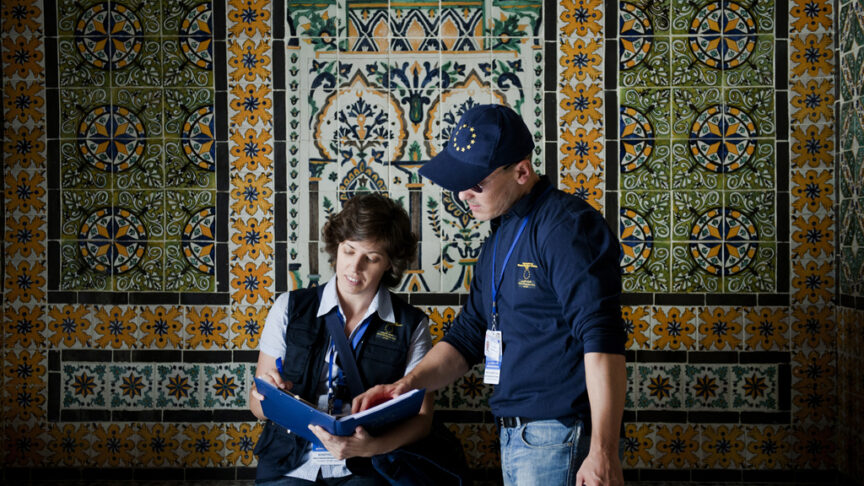
Back from the brink: A better way for Europe to support Tunisia’s democratic transition
The EU and its member states can assist Tunisian leaders by providing new investment – and thereby reboot the democratic transition

The EU and its member states can assist Tunisian leaders by providing new investment – and thereby reboot the democratic transition
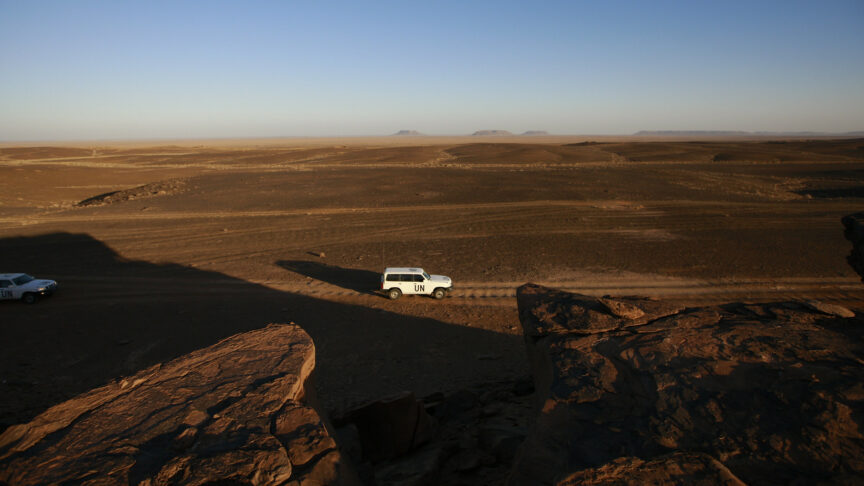
The UN should pursue a “free association” option for Western Sahara – a third way that offers a realistic means of fulfilling Sahrawi self-determination
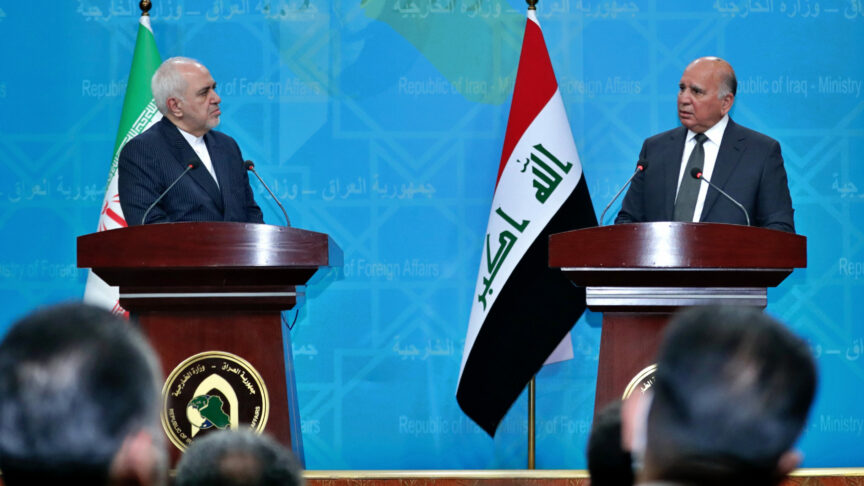
An Iraq that has diverse regional relationships is more likely to be stable and secure, in line with European interests in the Middle East
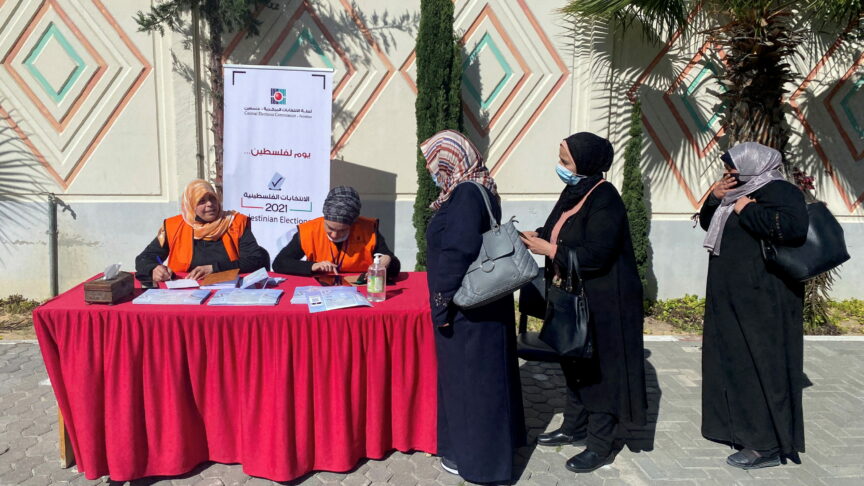
The EU and the US have a decisive role to play in ensuring the electoral process succeeds. In doing so, they can support Palestinian political renewal and improve prospects for a sustainable peace agreement with Israel
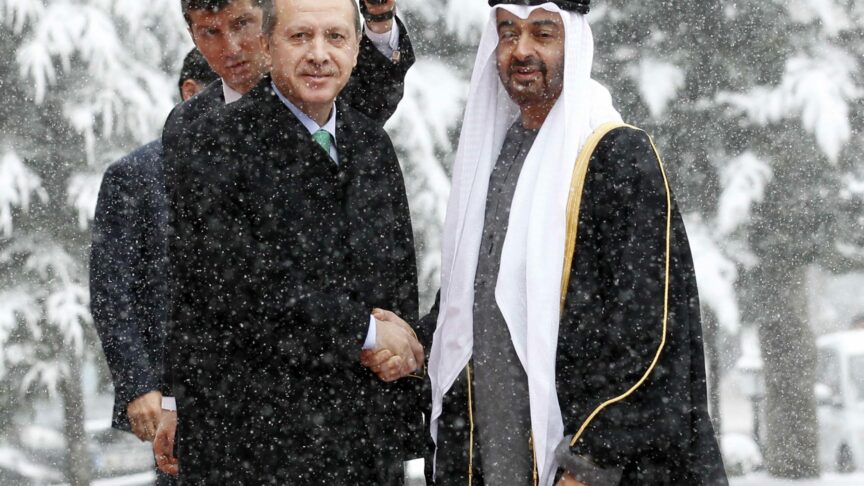
Instead of using the UAE to push back against Turkey or vice versa, Europe should develop its own strategy on their rivalry
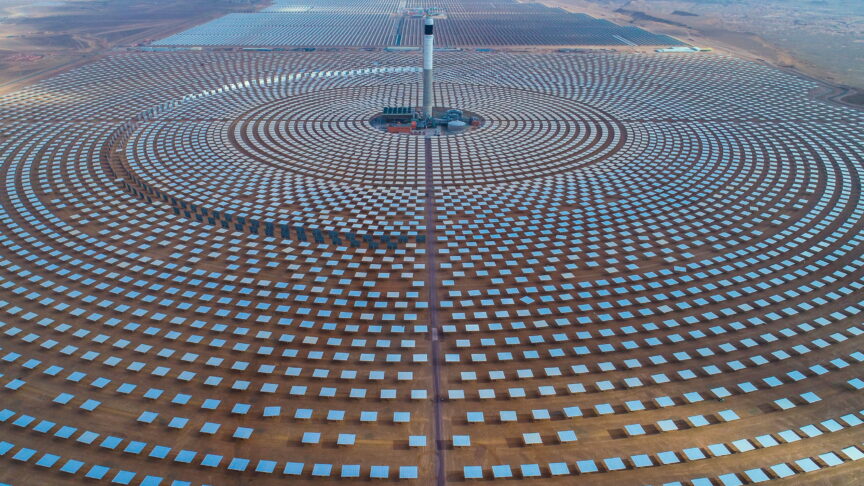
North African countries such as Morocco and Tunisia can help Europe meet its carbon emissions targets and strengthen its position in the face of fierce competition from China
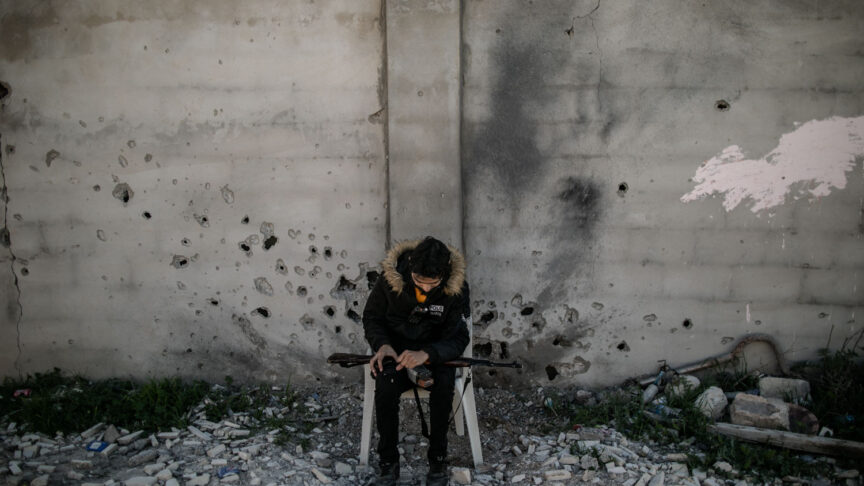
Europeans should provide stabilisation, technical, and diplomatic support to strengthen Libya’s governance and accountability mechanisms to ensure a new government can successfully hold elections in 2021
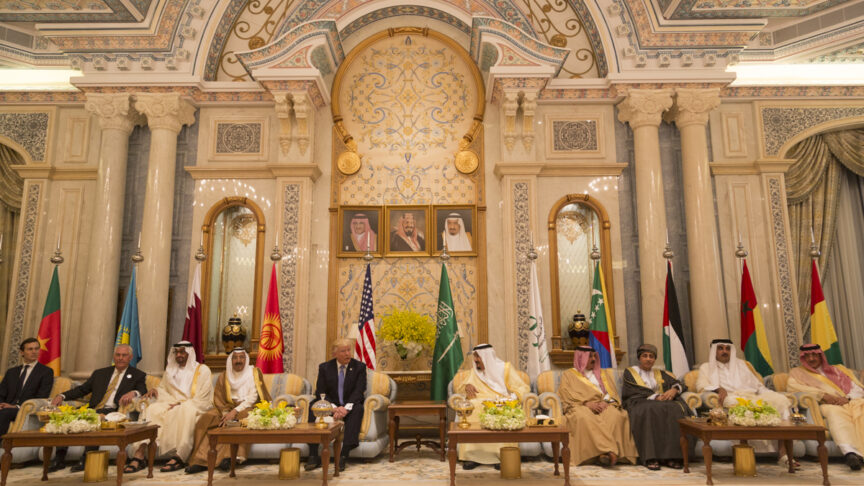
The arrival of the Biden administration in Washington, and the perception of US disengagement from the region, offers an opportunity for Europeans to help de-escalate tensions between GCC states and Iran
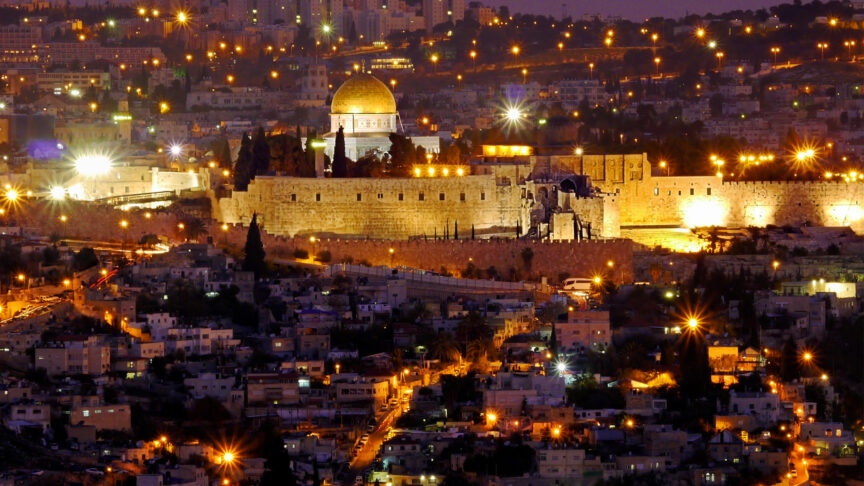
Instead of its rigid focus on the Oslo peace process, the EU should craft a new peacemaking paradigm based on equality and deoccupation
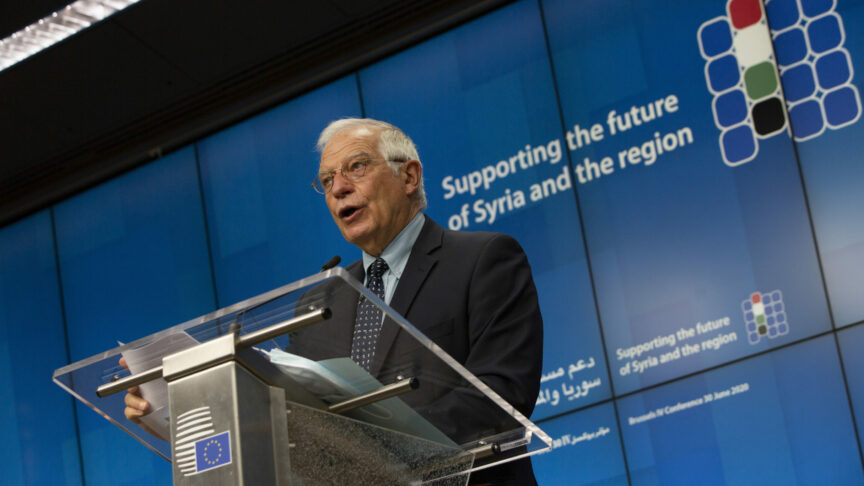
To achieve greater sovereignty, Europe needs to push back against rival powers, build leverage in armed conflicts, and be more effective in supporting reform